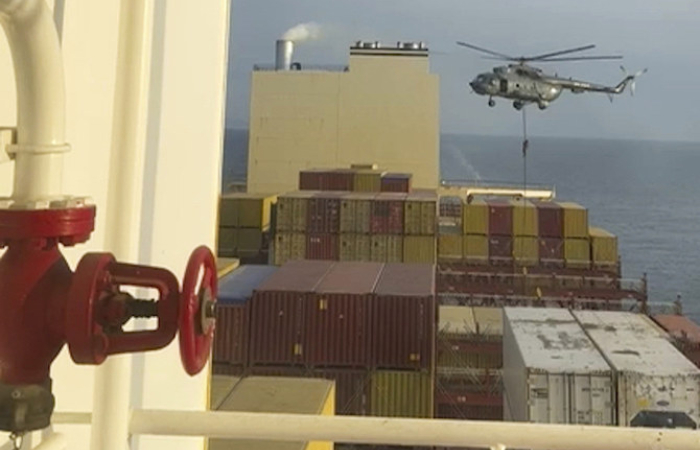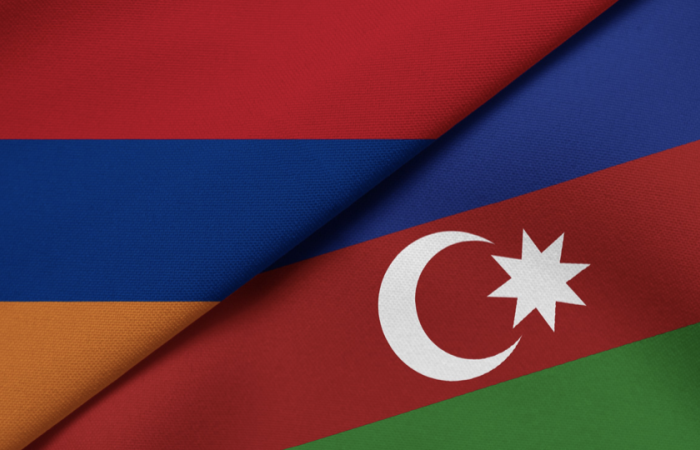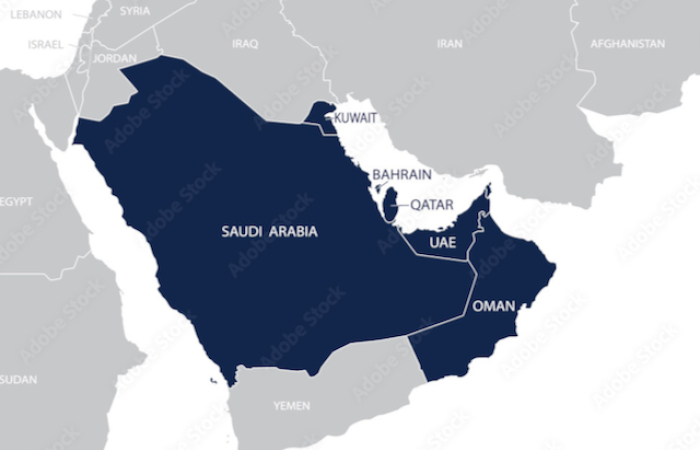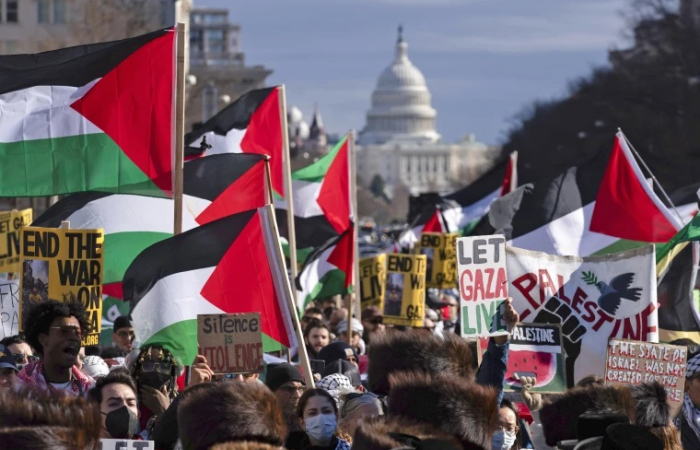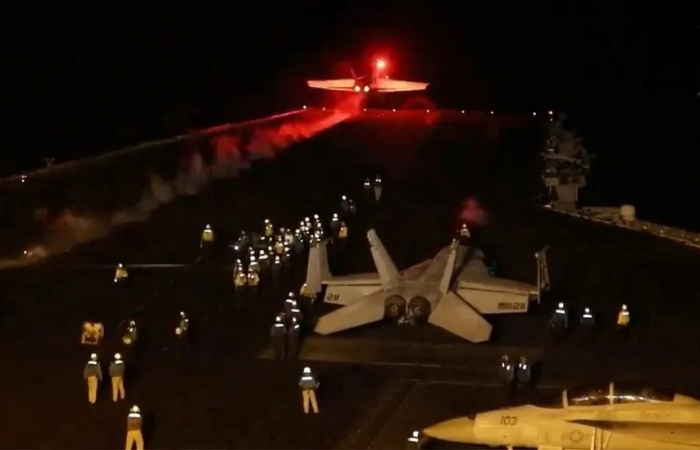Trending
Pope calls for an end to the spiral of violence in the Middle East
14 April 2024
Pope Francis made a heartfelt appeal on Sunday (14 April), calling for a stop to any actions that may fuel the "spiral of violence" in the Middle East that risk plunging the region into an even wider war.
The Pope's appeal follows last night massive drone and missile attack by Iran against Israel in retribution for the earlier Israeli attack on the Iranian diplomatic mission in Damascus. Most of the drones and missiles were intercepted and destroyed by Israeli, US, UK, Jordanian and other forces.
The Pope said he is following with "prayer and concern, even sorrow" the news arriving in recent hours about the worsening situation in Israel following the intervention by Iran. He emphasised that nobody should threaten the existence of others, and that instead all nations should "take the side of peace," helping Israelis and Palestinians to live in two States, side by side, in security. He added, "it is their deep and legitimate desire, and it is their right! Two neighboring States."
The Pope renewed his appeal for a ceasefire in Gaza and that the path of negotiation be pursued "with determination." Recalling the suffering of the population in Gaza, "plunged into a humanitarian catastrophe," he called for every effort to alleviate their suffering. He prayed that "the hostages kidnapped months ago be released!"
The Pope concluded:
“So much suffering! Let us pray for peace. No more war, no more attacks, no more violence! Yes to dialogue and yes to peace!”




